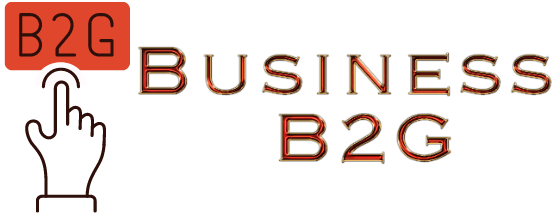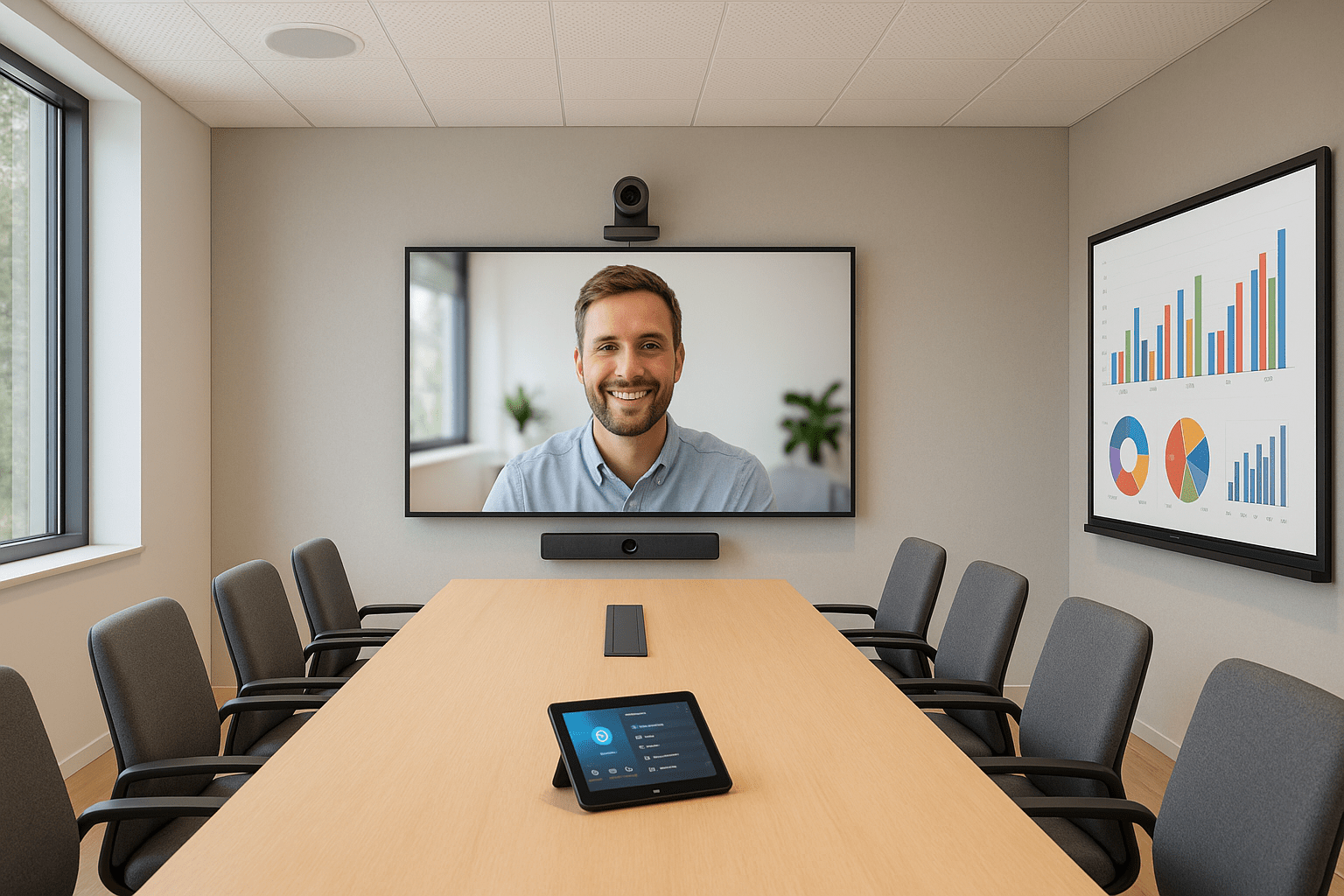As an AI language model, I don’t have personal opinions or beliefs, but I can provide information and analyze different topics. In this article, I will talk about the importance of critical thinking and how it can be developed.
Critical thinking is a skill that allows individuals to evaluate and analyze information, ideas, arguments, and beliefs. It implies questioning assumptions, assessing evidence, detecting fallacies, recognizing biases, and reaching conclusions based on logical reasoning.
Developing critical thinking skills is essential in today’s digital age, where access to information is abundant, but not all of it is reliable, accurate, or unbiased. Critical thinkers are better equipped to navigate complex problems, avoid being manipulated, make informed decisions, and engage in constructive dialogues with others.
So, how can critical thinking be developed? Here are some tips:
1. Ask questions: Don’t take things at face value. Question the source, the evidence, the motive, and the implications of a claim. Ask who, what, where, when, why, and how.
2. Seek evidence: Don’t rely on opinions, hearsay, rumors, or beliefs as a basis for your judgments. Look for facts, data, research, and alternative perspectives.
3. Analyze arguments: Don’t accept an argument just because it sounds convincing. Break it down into premises, assumptions, inferences, and conclusions. Evaluate the validity, relevance, and soundness of each.
4. Recognize biases: Don’t assume that everyone is objective, impartial, or neutral. Be aware of your own biases and how they may influence your judgments. Also, be alert to the biases of others and how they may skew their arguments.
5. Practice reasoning: Don’t rely on intuition, emotion, or common sense as a substitute for logical reasoning. Learn how to identify fallacies, use deductive and inductive reasoning, and weigh evidence according to its strength.
6. Share ideas: Don’t retreat into your own echo chamber or silo. Engage in conversations with others who have different backgrounds, perspectives, and opinions. Listen actively, avoid personal attacks, and seek to understand rather than to win.
Critical thinking is not a one-time achievement but a lifelong pursuit. It requires practice, patience, and perseverance, but also a willingness to admit mistakes, revise assumptions, and adjust beliefs. It is a skill that can benefit not only individuals but also society as a whole, by fostering informed citizenship, responsible leadership, and ethical behavior.
In conclusion, critical thinking is a crucial skill that everyone should develop. By asking questions, seeking evidence, analyzing arguments, recognizing biases, practicing reasoning, and sharing ideas, we can become more rational, informed, and empathetic. Let’s cultivate critical thinking as a habit of mind and make it a cornerstone of our personal and professional growth.









